WEB IProcess Pyme LITE!
Ideal for small companies that need productive modules, 10 corporate emails, 5 sections, 20 product catalog, 5 SEO campaigns, e-commerce.

 Español
Español
 English
English
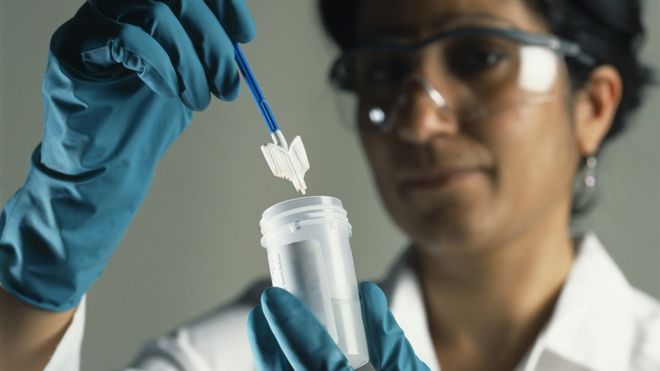
Scientists at Queen Mary University of London (UK) asked 600 women to provide samples collected by themselves for analysis with a test that was defined by charities as a potential "tipping point".
A high score suggests that there is an increased risk of a precancerous lesion.
In the study, the S5 was able to successfully distinguish which women had pre-cancerous lesions diagnosed with the conventional way of screening.
A crucial test
The Pap smear aims to detect early signs of cancer known as pre-cancer that can be treated to try to prevent the disease.
All women with a cervix between the ages of 25 and 64 are recommended to get tested, but many women avoid doing it, often out of shame to show "the smell or appearance" of their private parts, according to a recent survey in Reino United.
Other times, the data point out, it is due to naivety or misinformation about the importance of this test to detect cervical cancer, the most common among 35-year-old women in that country.
"I was worried that the nurse would be able to guess how many sexual partners she had had."
It is estimated that one in four British women do not take the test when they are quoted, but the problem extends to other parts of the world.
"Potential" to "revolutionize"
Nedjai told the BBC that the collection of samples for the S5 test by the women themselves was "quite accurate", although the test is not as effective as the Pap test.
"But it will be soon," he added. "With improvements, we will get to that point."
To do this, says the specialist, the test must be tested in more than 10,000 women.
He also believes that these types of home systems could be available in five years, at least in the UK, to improve screening and prevent some women from undergoing unnecessary testing.
Spanish doctor Manuel Rodriguez-Justo, from University College London, stated that this is "exciting research that shows that it is possible to detect cervical pre-cancer, which has a high risk of becoming invasive cancer."
And all this, he declared, "thanks to urine and vaginal samples collected by women in the comfort and privacy of their own homes."
"This has the potential to revolutionize the way Pap smear positive follow-up is done, as well as making testing easier for women in countries without a screening program."
Sophia Lowes, director of health information at Cancer Research UK, told the BBC that "the results look promising for detecting women with advanced cell changes."
"But we need to know if this test detects all the changes and if it is successful in a larger group of people."
Robert Music, CEO of another British organization specializing in cervical cancer, the Jo`s Cervical Cancer Trust, called it a "tipping point".
"For those women who find current methods difficult, including those with physical disabilities or trauma, it may mean access to screening tests that work in a more acceptable and accessible way," she said.
"It can make those who require treatment be identified more quickly and reduce the number of women who would have unnecessary investigations."
Publication Date: 2019-11-12
Source: BBC News
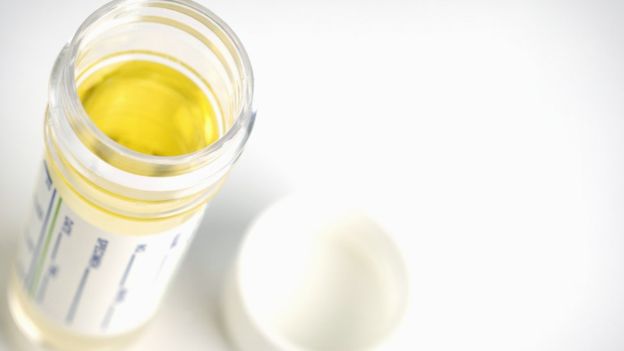
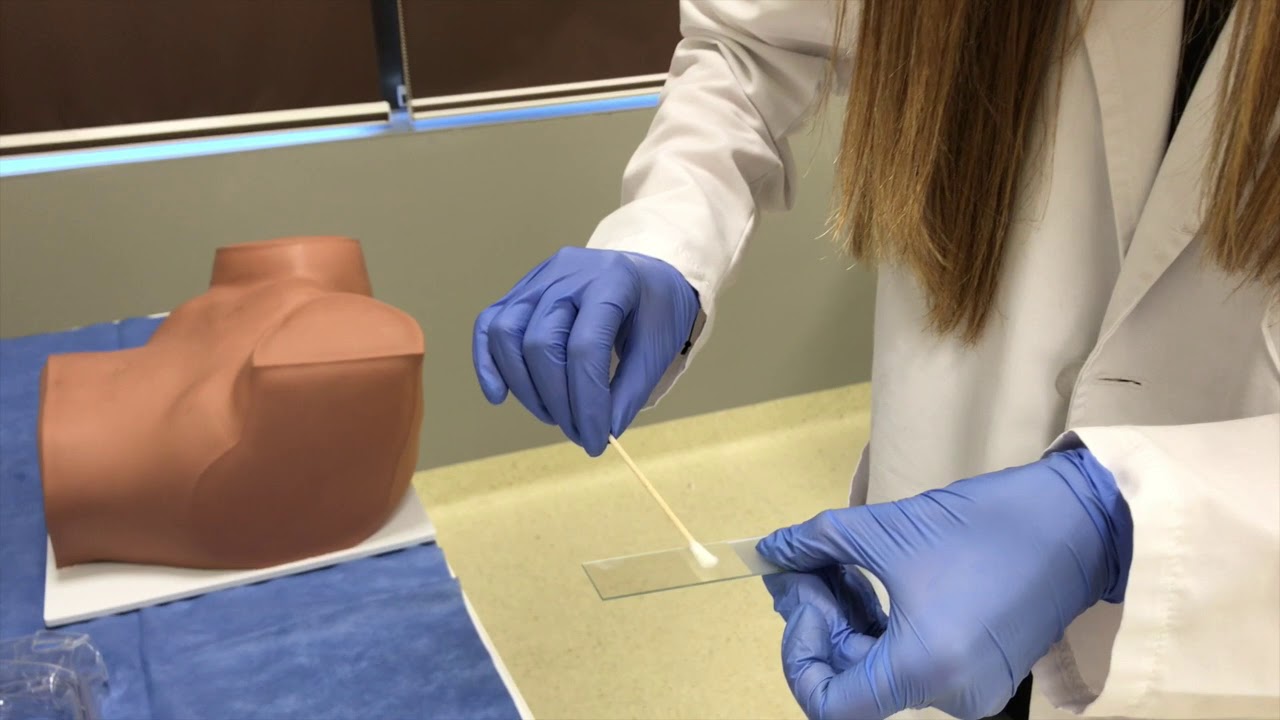

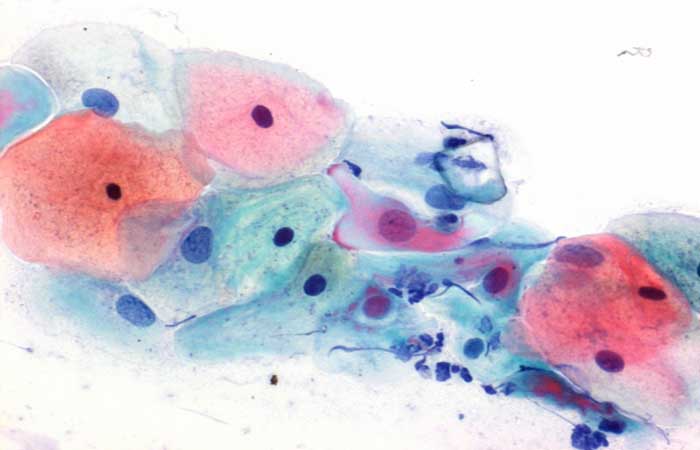

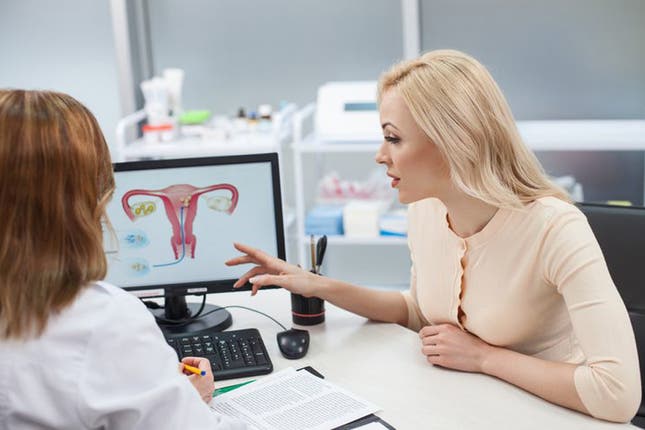
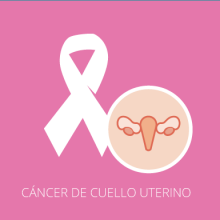
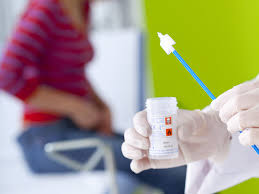

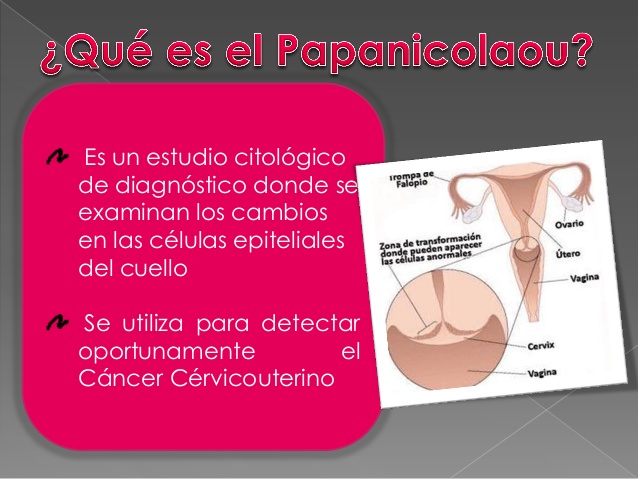

Ideal for small companies that need productive modules, 10 corporate emails, 5 sections, 20 product catalog, 5 SEO campaigns, e-commerce.

Ideal to start your presence on the internet, catalog of 5 products, updating documents, hosting, corporate emails and more!

Ideal for small companies that need productive modules, 10 corporate emails, 5 sections, 20 product catalog, 5 SEO campaigns, e-commerce.

Ideal to start your presence on the internet, catalog of 5 products, updating documents, hosting, corporate emails and more!







